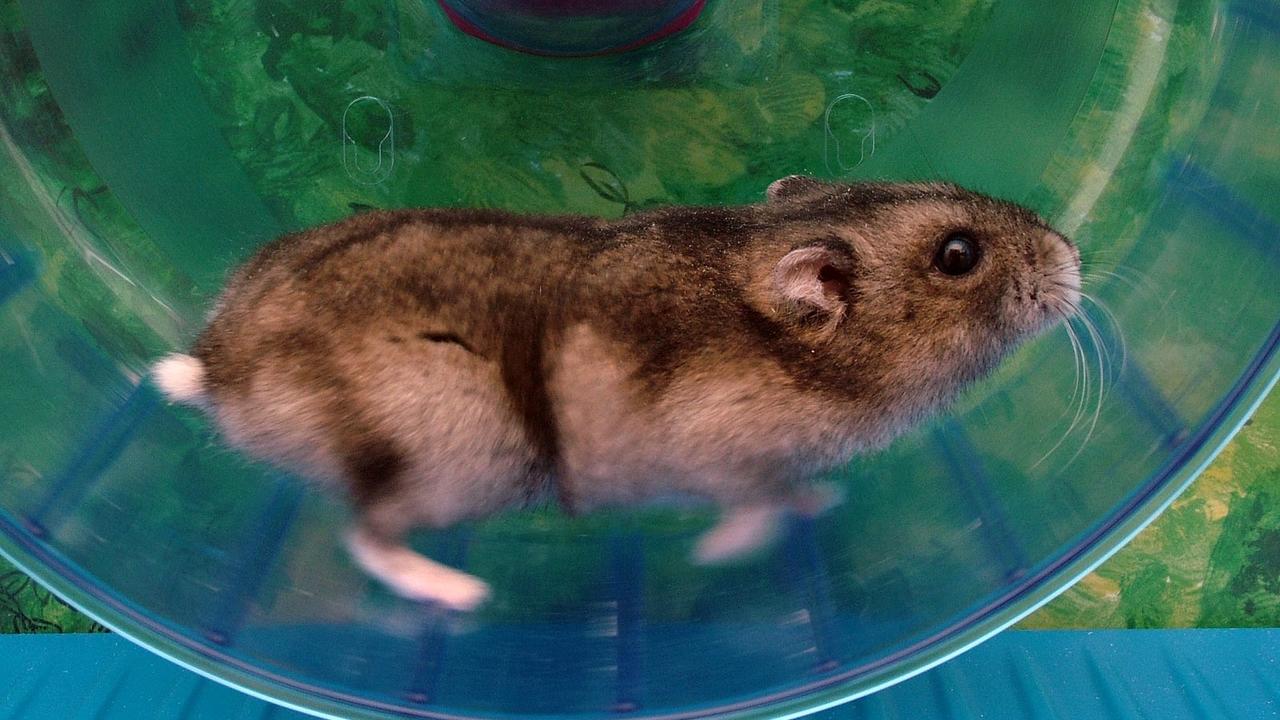TV Interview in Sacramento

Wondering how different the perspective between New Zealand and the US regarding COVID19? A former colleague from TV News reached out to me to ask what it's been like living in our southern hemisphere bubble and watching what's happening in the rest of the world.
Time to Start Popping

If you know me, you’ll know that I’ve been talking about bubbles for a few years now.
It’s not because I had a crystal ball and could see the future when bubbles would become part of our everyday vocabulary. It’s obviously because my company is called POP.
In the work that I do, I talk about how we often try to protect ourselves in bubbles when we feel threatened by challenges in our lives:
-
when we face a career crossroads
-
when our self-worth has taken a hit
-
when we feel less than compared to others
-
when we feel like our true value isn’t being recognised
-
when we feel unfulfilled, unsatisfied and unsure about our future
That’s a long list. Which means there’s a lot of hiding going on.
As we now know, of course, hiding in our bubbles can be a reasonable response, but only in the short term. Because our bubbles can end up trapping us if we don’t have the courage to pop them when it’s time.
These are the...
Reinvention Interview on "A Fresh Agenda" Podcast

I was lucky enough to connect with a former "rival" news anchor. Well she wasn't my rival, our TV stations competed one against one another We recently reconnected to discuss how we are all re-evaluating how we want our lives to look going forward.
We had a chat about work/life balance during and after a news career.
Click below to listen!
https://soundcloud.com/afreshagenda/84-pallas-hupe-cotter-make
And here are some shortcuts for you:
New Make Your Life POP eBook!

Popping Bubbles

It is decreed. We’re allowed to hug again! At least a few people we know and love. I wrote in March about how big a challenge it would be for people like me to stop short of giving people we greet a quick squeeze. I vowed to hold back, and imagine a bubble around me.
Little did I know bubbles would become a thing!
Now I’m wondering what the future might hold, beyond a hesitant hugs and handshakes.
I’m still trying to catch up with everything we’ve been experiencing in the past few weeks:
Slow Start: our brains have struggled since the start to keep up with reality. We heard the news out of China, and watched it as if it were a movie. We still travelled, attended conferences, hung out in crowds. Then it finally started to sink in. A little late, but we got it just as it became clear that COVID19 was here.
Pandemic Perfectionism: not long after we started to wrap our brains around what being in a bubble would look and feel like, we were...
Communication Conundrum

When I worked in the news business, I used to laugh when things went wrong because of a failure of communication. The irony!
However, communicating, especially under pressure (as newsrooms always are) is a continuing challenge. Right now, as we work remotely, in an atmosphere of fear and uncertainty, our communication skills are being put to the test like never before.
Here are some tips to minimise the mistakes:
1) Over-communicate: people can't hear as well when they're stressed. Make sure your messages are repeated. In the news, we'd say: tell them what you're going to tell them, tell them, tell them what you told them. Then the message gets through.
2) Keep messages simple: read and re-read and edit and re-edit what you write (and read it out loud, if you're going to deliver it verbally). Get straight to the point. Don't make it hard for others to understand what you want to convey. Don't waste their time.
3) Be careful with your tone: remember, short AND sweet. Start by...
Resilience Interview with Humphrey Hanley

What does resilience look like?
Learn about the challenge Humphrey Hanley faces @ 1:51
Learn how he keeps going despite facing challenges @ 2:49
Learn how job loss was a chance to pursue his passion @ 6:16
Learn how he manages to stay positive and motivated @ 7:51
Learn why "resilience is survival" is no exaggeration @ 9:56
Learn how he was uniquely prepared for isolation @ 12:23
Learn why he doesn't hesitate to ask for help @ 13:52
Home Hamster Wheels: How not to get hectic during lockdown

The sounds of my facetime ringing or facebook messenger dinging or news alerts buzzing now act as my alarm most mornings. I spend my first couple of hours catching up on updates and then messaging friends and loved ones, including regular online check-ins with my 80+ year old parents.
Then come the emails.
I now find myself sifting through a barrage of well-intended informational briefings from companies, including some I’m only tangentially connected with. Like the manufacturer of the dishwasher I bought last year, offering me detailed information about what their company is doing to protect their employees and what I should do if my dishwasher breaks down. I’m thinking, maybe hand wash my dishes and let the service techs shelter in place too? (Except, of course, to respond to hospitals and other front line service providers. They need their dishwashers to keep running.)
This flood of information I’m seeing also includes newsletters and social media...
Covid-19: A hugger’s guide to staying the hell away from people

I have friends who are huggers, and people who know me know that I’m a hugger. I even sign off emails with “Hugs, Pallas.” So it’s hard for me to be able to push people away, say “stop!”, or stop myself when presented with an opportunity to hug.
But I’m going to have to find a way. Fast.
We’re all going to have to learn to override our deeply ingrained social impulses as long as Covid-19 hangs around. Instead, we’re going to have to give “social consent” to be anti-social, at least for the time being....
See the full article on The Spinoff: https://thespinoff.co.nz/covid-19/19-03-2020/covid-19-a-huggers-guide-to-staying-the-hell-away-from-people/
(photo courtesy: Photo by Taisiia Shestopal on Unsplash)
Job Interview? Dare to be Authentic

I was working with a client the other day, helping her prep for a job interview. We were doing this not in person, but on the computer. I asked her a not-so-straightforward interview question and 30 seconds into her answer, I found my eyes straying from her face to some of the other tabs that were open on my computer screen.
"Stop!" I put my hand up and confessed what had happened. I pointed out that if her own coach was losing interest, then it was clear her answers needed to be shorter and more to the point. Especially during a real interview, when the time and attention span of the interviewer may be more limited. The problem is, that's not who she is. She's a thinker. It takes her a while to formulate her thoughts. So what to do?
In a recent Harvard Business Review article, the author wrote that in studies she helped conduct, the research showed participants, playing the role of job applicants, who were perceived as "genuine" and "authentic" were more likely to be...
